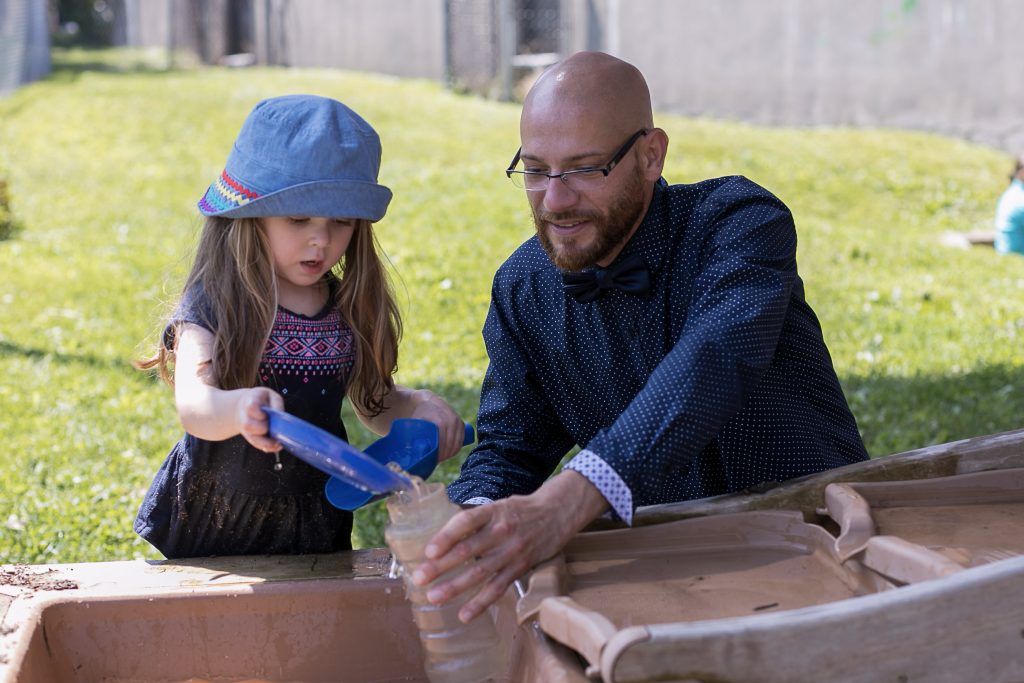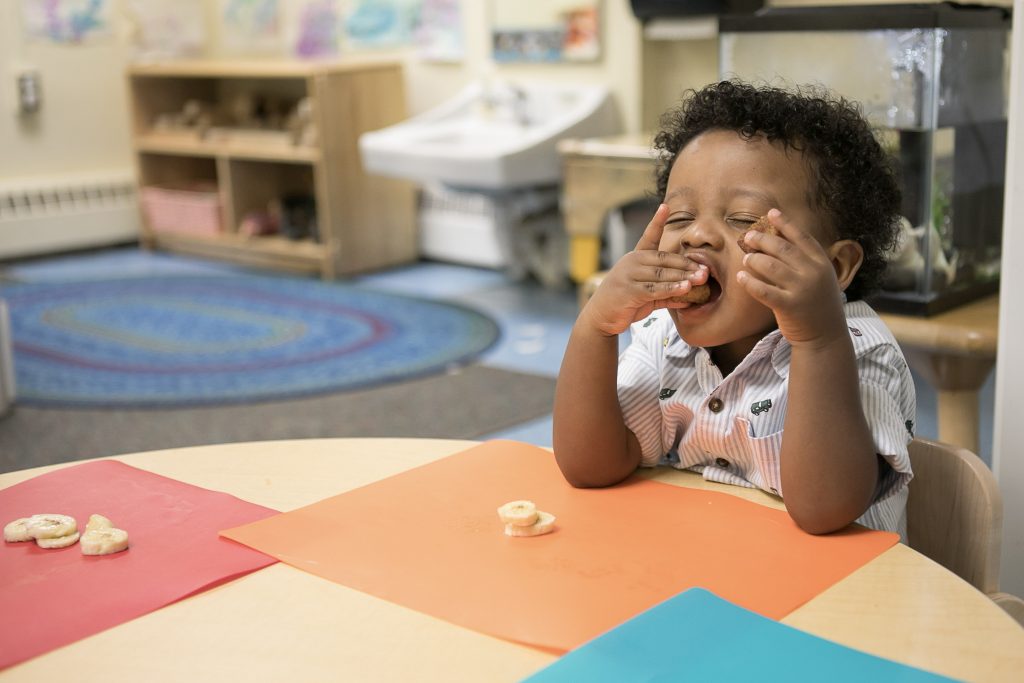Every parent can use a little help sometimes. The Office of Early Childhood (OEC) has the resources you need.
Pregnant women and families
Take care of your health — and your baby’s
- Get prenatal care. When you’re pregnant, you need to see a doctor regularly. Prenatal care is an important way of keeping you and your baby healthy and catching any problems early. If you need to find a doctor, search for “prenatal” on the 2-1-1 website. And if you’re having trouble paying for care, check out the financial help section below.
- If you smoke, learn how to quit. Quitting now can have big health benefits for you and your baby. Learn more from smokefree.gov.
- Protect yourself from lead. Lead in old paint or dust is common in homes built before 1978. Breathing it in can be harmful — for you and your baby. The good news is there’s a lot you can do to keep yourself safe. Get tips from the CDC.
- Know the signs of depression. Some women become depressed when they’re pregnant or after they give birth. It’s called perinatal depression. Learn about the signs and find help if you need it. Check out the 2-1-1 website.
- Learn more about staying healthy when you’re pregnant. Get answers to common questions about pregnancy and other helpful tips. Explore resources from the Office on Women’s Health.
Remember you’re not alone. Reach out to Planned Parenthood to discuss your options. Their qualified staff can support you while you decide what’s right for you. Get in touch with Planned Parenthood.
Before your baby is born, there’s lots to do. Being prepared will help you feel more confident.
Find a doctor for your baby. It’s important to have a doctor you trust lined up when your baby is born. Dial 2-1-1 to get names or look up “pediatrics” on the 2-1-1 website.
Explore your child care options. It may seem early to be thinking about child care. But it’s smart to have a plan — some child care programs have long wait lists. Learn about your child care options from OEC.
Get help at home. Home visiting programs can send a coach to your home to help get ready for your baby. They can answer questions about parenthood, teach you new skills, and tell you about other ways to get support. Dial the Child Development Infoline at 2-1-1 or explore the 2-1-1 site to learn more.
Parents with babies or older children
For new parents
Keep your baby healthy and safe
- Crying baby? Learn how to stay chill. New babies cry — a lot. It’s normal to feel upset and frustrated. So learn some ways of calming yourself down when your baby cries — like putting them in a safe place and walking away for a few minutes. Learn to be chill.
- Protect your baby from lead. Lead is common in homes built before 1978 — it’s often in paint and dust. Babies and young children can get sick from breathing in or swallowing lead dust. Learn about lead testing and how to protect your kids. Get tips from the CDC.
- Take time to connect. Even though your baby may seem too little to understand much right now, she’s like a sponge, learning all the time. So take the time to cuddle and play with your baby, to talk and sing to her. It will make a big difference and help her grow into a healthy, happy toddler. You can also use the Vroom website and app to find opportunities to help your child learn throughout the day.
- Keep baby safe during sleep. When it’s naptime or bedtime, always put your baby down on their back. That’s the safe way to sleep. And keep toys, blankets, pillows, and bumper pads out of their crib. Learn more tips from OEC’s safe sleep website.
Find support
- Get breastfeeding support. New moms don’t magically “know” how to breastfeed — it’s a skill they need to learn. Child Care 2-1-1 has information about experts and groups that can help. Check out their breastfeeding resources.
- Talk to a parenting coach. OEC’s home visiting programs can send a child care expert right to your home. Call the Child Development Infoline at 2-1-1 or explore the 2-1-1 site to learn more.
- Think you might be depressed? Get help now. Some women become depressed after they have a baby — it’s called perinatal depression. If you’re concerned, talk to your doctor. You can also learn more on the 2-1-1 website.
For all parents
Find support

- Find child care you can count on. Choose TLC — trusted, licensed care. Licensed child care providers have the skills and training to keep your children safe and help them learn and grow. Explore your options for licensed child care.
- Help your child thrive. Learn what to expect as your child grows. Our Ages and Stages program allows you to keep track of your child’s development and get help if your child might have a delay or disability. Check out the resources in our child development section.
- Learn new skills from Triple P. Triple P — or the Positive Parenting Program — will help you meet your parenting goals. Find ways to manage tantrums, help your kids with homework, and more. Get tips from from Triple P.
- Get help from an expert in your own home. If you’re looking for guidance and support, look into a home visiting program. They offer families one-on-one time with a child care and parenting expert at home. Home visitors can help you learn new skills and build your confidence as a parent. Learn more about home visiting by dialing the Child Development Infoline at 2-1-1 or exploring 2-1-1 site.
Explore other resources
- Find support for youth and young adults. 2-1-1 has resources that help teens with school, jobs, health care, and more. 2-1-1 can also connect them with counselors who can help in a crisis. Check out the youth and young adult resources on 2-1-1.
- Be an active dad. The National Center for Fathering wants to help fathers play an important role in the lives of their children. Find articles about fathering, parent trainings, and more. Explore their website at fathers.com.

2-1-1 is the go-to resource for families in Connecticut. Learn about programs that can help you find everything from housing to free diapers. 2-1-1 also has support if you’re dealing with a crisis, like substance misuse or violence in the home. Dial 2-1-1 or explore their website.

